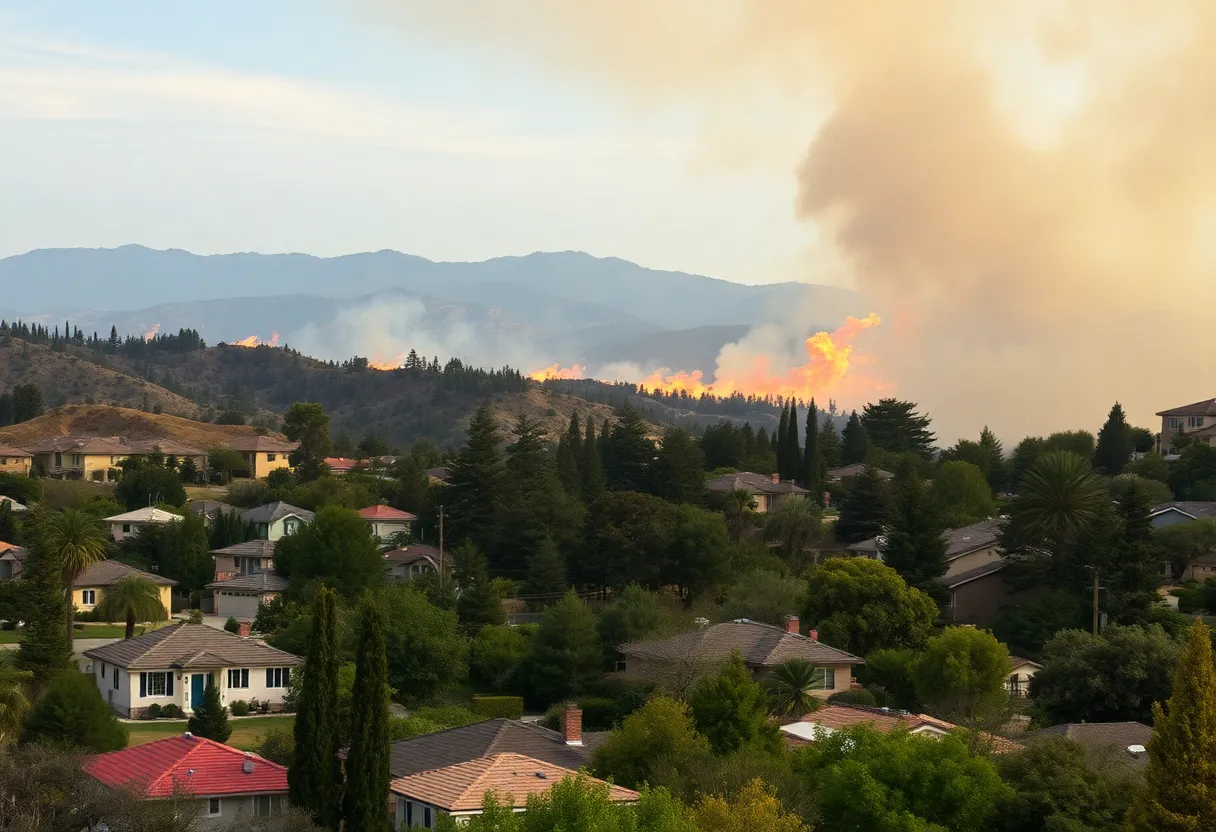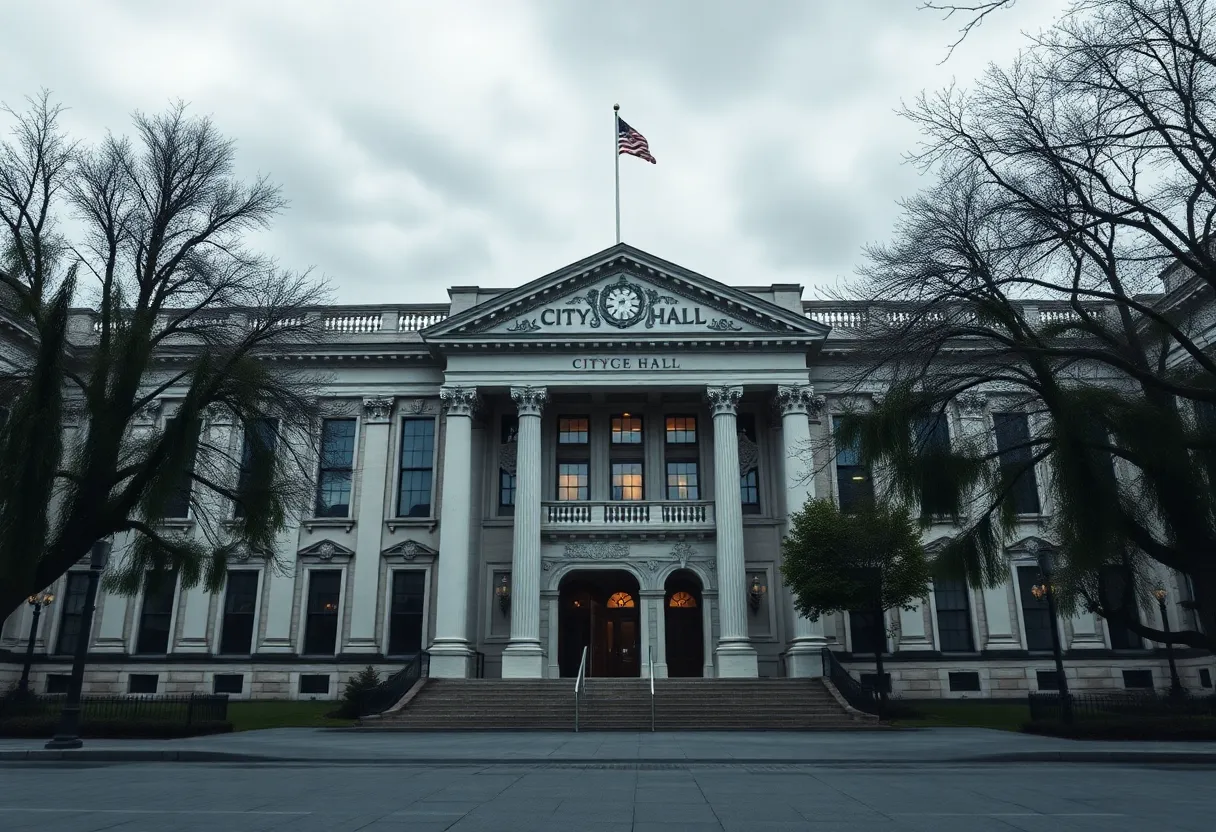California, October 13, 2025
News Summary
Starting July 1, California residents will face a rise in gas prices as the gas tax increases by 1.6 cents per gallon, pushing total taxes to 61.2 cents. This adjustment is part of a broader initiative to tackle air quality issues while the state experiences ongoing fluctuations in gas prices that currently average $4.61 per gallon. As California aims to shift towards zero-emission vehicles by 2035, the administration anticipates significant changes in gas tax revenue and transportation funding.
California residents will experience a rise in gas prices starting July 1 due to an annual gas tax increase and the implementation of stricter air quality regulations. The gas tax will increase by 1.6 cents per gallon, raising the total gas taxes in the state to over $600 per year for the average household. This change comes as California continues to face some of the highest gas prices in the nation.
Currently, the average price for a gallon of regular unleaded gasoline in the Los Angeles – Long Beach area is $4.61, which is a decrease of 18 cents compared to the same time last year. As gas prices fluctuate on the global market, Governor Gavin Newsom’s office has assured the public that claims of gas prices potentially reaching $8 per gallon by 2026 are unfounded and misleading.
California, which holds the record for the highest gas tax rate in the country at approximately 59 cents per gallon, will see this rate rise to 61.2 cents per gallon on July 1. The tax on diesel fuel will also increase from 45.4 to 46.6 cents per gallon. Gasoline taxes, which contribute significantly to state revenue, currently bring in about $300 from gas-powered vehicles in California annually.
Legislative analysts project that gas tax revenue will drastically decline by $5 billion, or 64%, by 2035 as the market share for zero-emission vehicles continues to grow. In response, California is moving towards phasing out gas taxes, instead favoring a new California Road Charge that bases fees on vehicle mileage rather than fuel consumption. A pilot program for this system was conducted from August 2024 to January this year, with results expected to be released later this year.
Motor fuel taxes have diminished in their contribution to transportation revenue, dropping from 41% in fiscal year 2016 to around 36% in fiscal year 2024. Both California and Oregon have set ambitious goals for all new passenger vehicles sold to be zero-emission by 2035. Further reinforcing these initiatives, the California Air Resources Board (CARB) approved amendments in 2024 to the Low Carbon Fuel Standard program to promote lower-carbon fuels, which may lead to additional price increases at the pump.
Initially, CARB estimated that prior amendments could lead to gasoline prices increasing by 47 cents per gallon, although this prediction has since been revised. In the near term, experts predict that the effects of the Low Carbon Fuel Standard could raise gas prices by 65 cents, with projections as high as $1.50 by 2035. However, CARB has disputed the severity of these predictions.
Despite the upcoming hike, current gas prices in California are 20 cents per gallon lower than last year, providing a small measure of relief as the summer holiday season approaches. As global oil prices remain unstable due to ongoing geopolitical tensions and shifts in domestic supply, California residents are bracing for the potential impact on their pocketbooks.
FAQ Section:
FAQ
What is the gas tax increase in California as of July 1?
The gas tax will increase by 1.6 cents per gallon starting July 1.
How much do gas taxes amount to for the average household in California?
Total gas taxes in California exceed $600 per year for the average household.
What is the expected increase in gas prices due to stricter regulations?
Stricter air quality regulations are expected to add an estimated 5 to 8 cents per gallon to gas prices.
What is the current average price of gasoline in the Los Angeles – Long Beach area?
The average price for a gallon of regular unleaded in the Los Angeles – Long Beach area is currently $4.61.
What will the total gas tax be in California after the increase?
The total gas tax is expected to rise to 61.2 cents per gallon on July 1.
What are the implications of the predicted decrease in gas tax revenue by 2035?
Legislative analysts predict gas tax revenue will fall by $5 billion, or 64%, by 2035 as zero-emission vehicles gain market share.
What future plans does California have regarding gas taxes?
The state aims to phase out gas taxes in favor of a California Road Charge that would charge drivers based on mileage instead of gallons used.
What is the difference between current motor fuel taxes contribution percentage?
Motor fuel taxes have dropped from providing 41% in fiscal year 2016 to roughly 36% in fiscal year 2024.
Deeper Dive: News & Info About This Topic
- LAist: Fact Check on California Gas Prices
- Los Angeles Times: Summer Road Trip Gas Prices
- NBC Los Angeles: Gas Prices Rise on July 1
- KTLA: Cost of Filling Up to Rise
- ABC7: California Gas Tax and Road Charge Program
- Wikipedia: Gasoline Tax
- Google Search: California Gas Prices
- Google Scholar: California Fuel Tax
- Encyclopedia Britannica: Tax
- Google News: California Gas Tax

Author: Anaheim Staff Writer
The Anaheim Staff Writer represents the experienced team at HEREAnaheim.com, your go-to source for actionable local news and information in Anaheim, Orange County, and beyond. Specializing in "news you can use," we cover essential topics like product reviews for personal and business needs, local business directories, politics, real estate trends, neighborhood insights, and state news affecting the area—with deep expertise drawn from years of dedicated reporting and strong community input, including local press releases and business updates. We deliver top reporting on high-value events such as major conventions at the Anaheim Convention Center, including NAMM and VidCon, exciting games at Angel Stadium and Honda Center, and developments at Disneyland Resort Our coverage extends to key organizations like the Anaheim Chamber of Commerce and Visit Anaheim, plus leading businesses in hospitality, entertainment, and innovation that power the local economy As part of the broader HERE network, including HERECostaMesa.com, HEREHuntingtonBeach.com, HERESantaAna.com, and HERELosAngeles.com, we provide comprehensive, credible insights into Southern California's dynamic landscape.




